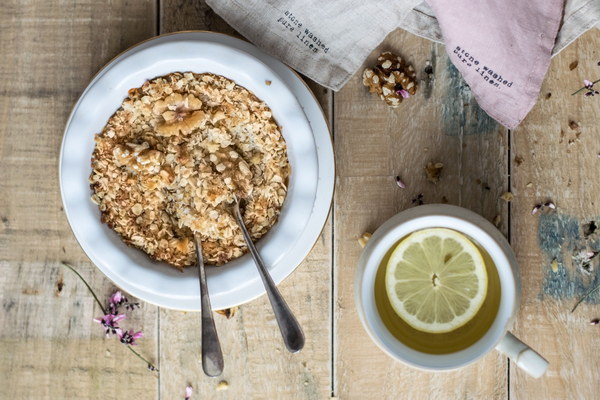Unveiling the Truth Can Millet Soup Really Exterminate Dampness
Introduction:
Millet soup, a traditional Chinese medicine, has been widely praised for its health benefits. Many believe that it can effectively eliminate dampness in the body. But can it really work? In this article, we will delve into the effectiveness of millet soup in expelling dampness and explore its ingredients, preparation methods, and potential side effects.
I. Introduction to Millet Soup:
Millet soup, known as yì rén tāng in Chinese, is a herbal decoction prepared from millet seeds and other natural ingredients. It has been used in traditional Chinese medicine for centuries to treat various ailments, particularly those related to dampness. Dampness, according to Chinese medicine, refers to the accumulation of moisture in the body, leading to symptoms such as fatigue, joint pain, and weight gain.
II. Ingredients and Preparation:
The main ingredient in millet soup is millet seeds, which are believed to have cooling and damp-dispelling properties. Other common ingredients include:
1. Alisma orientale (Ze Xie): A herb known for its diuretic and damp-dispelling effects.
2. Poria cocos (Fu Ling): A mushroom that helps to absorb moisture and promote urination.
3. Atractylodes macrocephala (Cang Zhu): A herb that helps to strengthen the spleen and expel dampness.
4. Angelica sinensis (Dong Quai): A herb that nourishes blood and expels dampness.
To prepare millet soup, simply add the desired amount of millet seeds and other ingredients to a pot of water, bring it to a boil, and then simmer for several hours. The final product is a thick, nutritious soup that can be consumed hot or cold.

III. Effectiveness in Extinguishing Dampness:
Many people swear by the effectiveness of millet soup in expelling dampness. While scientific evidence is limited, there are several reasons why it may work:
1. Nutritional Value: Millet soup is rich in vitamins, minerals, and antioxidants, which can boost the immune system and improve overall health.
2. Diuretic Properties: Some ingredients in millet soup, such as Alisma orientale and Poria cocos, have diuretic effects that can help to reduce excess moisture in the body.
3. Spleen and Stomach Support: Atractylodes macrocephala and other ingredients in millet soup can help to strengthen the spleen and stomach, which are responsible for maintaining the body's fluid balance.
IV. Potential Side Effects:
While millet soup is generally considered safe for most people, there are some potential side effects to be aware of:
1. Allergic Reactions: Some individuals may be allergic to certain ingredients in millet soup, such as Alisma orientale or Atractylodes macrocephala.
2. Gastrointestinal Discomfort: Consuming millet soup may cause gastrointestinal discomfort, particularly in people with sensitive stomachs.
3. Interaction with Medications: Millet soup may interact with certain medications, so it's essential to consult a healthcare professional before starting treatment.
Conclusion:
While there is limited scientific evidence to support the effectiveness of millet soup in expelling dampness, many people have found it to be a beneficial remedy. As with any traditional medicine, it's essential to be aware of potential side effects and consult a healthcare professional before starting treatment. Incorporating millet soup into a balanced diet and healthy lifestyle may provide some relief from dampness-related symptoms.









